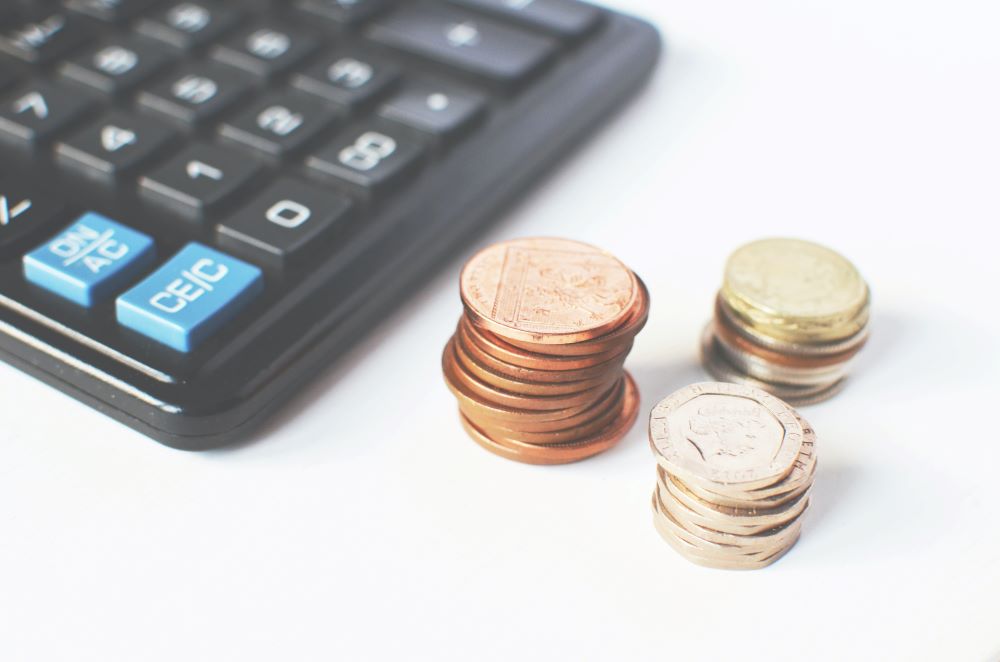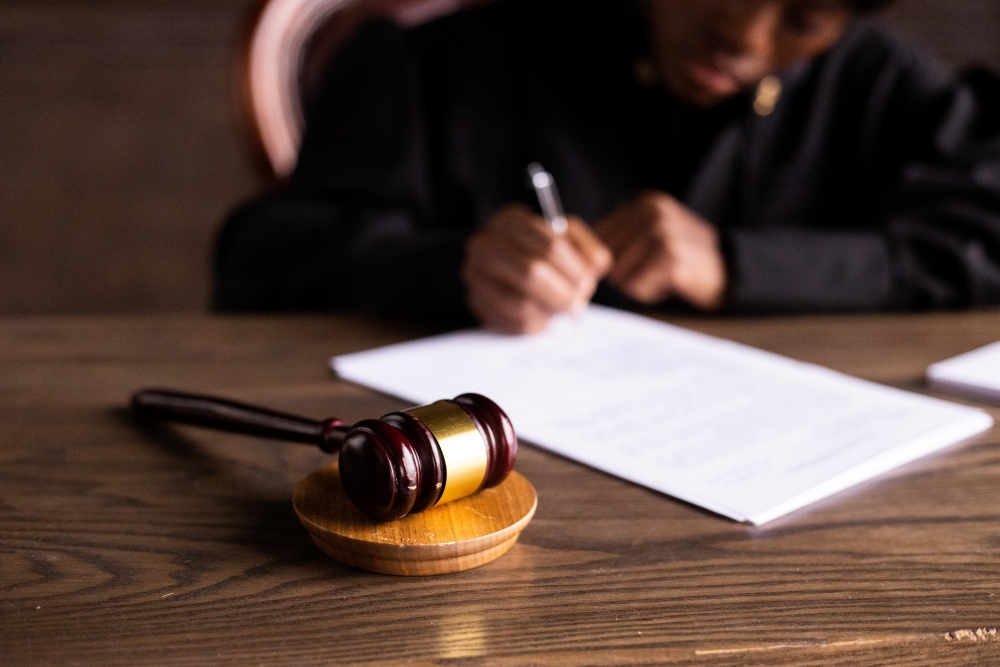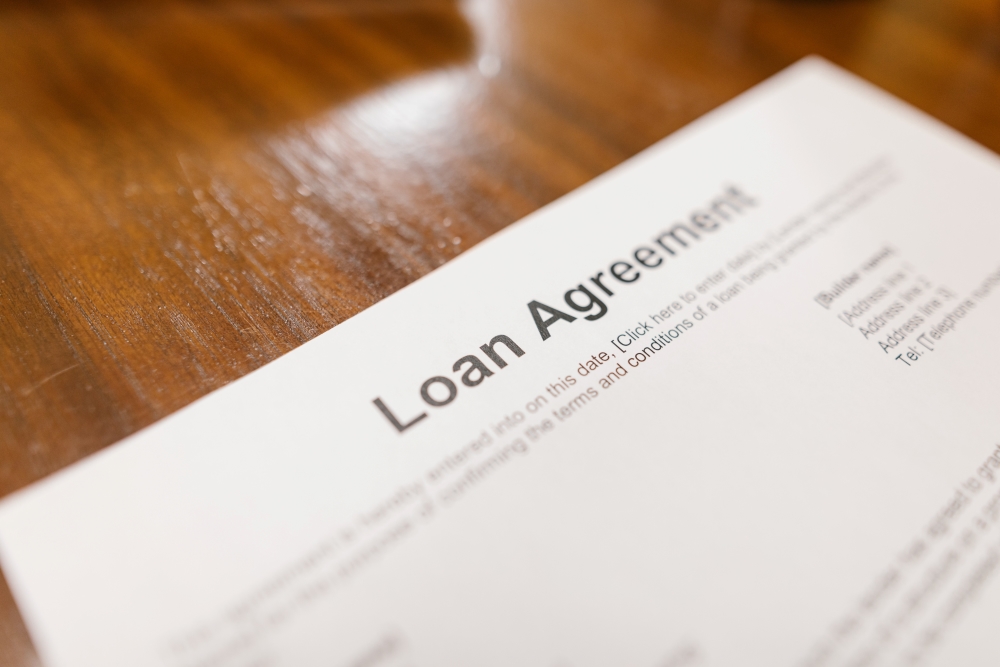Personal liability for bounce back loans
Personal liability for bounce back loans is a subject that comes up with many business owners that we speak to. Over 1.5 million Bounce Back Loans were taken, but not every business has ‘bounced back’. In this article, we’re looking into personal liability for bounce-back loans.
The Bounce Back Loan criteria were very favourable to both borrowers and lenders. The lender didn’t have to take any security from the borrower as the UK Government agreed to step in to guarantee any loans that could not be paid back. On the other hand, the borrower didn’t have to sign a personal guarantee with the bank. It was an ideal solution for everyone involved and allowed many businesses to access funds when they needed them.
No personal guarantees for bounce back loans
As no personal guarantees were required from directors, there could be no personal liability for the bounce-back loan if the loan defaults and the business closes. The government guarantee meant that once a business entered into a formal insolvency procedure, the lender could apply to the UK government to receive the money they lent. The loan is treated as an unsecured debt in the company’s liquidation and will be written off.
In a large percentage of insolvencies, unsecured creditors receive very little or no money at all.
The bounce-back loan scheme was launched in May 2020, and the application process was completed online. Company directors were required to declare the following things.
- They were running an active UK company
- At least 50% of the company’s income was from trading;
- You could apply for 25% of the company’s turnover in the calendar year 2019, capped at £50,000. If your company was formed after 1st Jan 2019, you could estimate the company’s turnover and apply for 25% of the estimated turnover, with a maximum loan of £50,000.
- The bounce-back loan was to be used for the economic benefit of the business that applied for the loan and could not be used for personal reasons.
When a business took a bounce-back loan, no personal guarantee was needed. The lack of guarantee eliminated the risk to the director’s personal assets if the business did not recover.
It’s important that directors understand that there are several requirements for the guarantee to work. These include keeping to the terms and conditions of the bounce-back loan agreement and keeping up with their fiduciary director’s duties.
There have been many cases reported where business owners have misled the lender and breached some or all of the above points. This is where the borrower is likely to be made personally liable when it comes to their bounce-back loans.
Am I personally liable for a bounce back loan: limited company structure?
The short answer is no, as a limited company, you should not be made personally liable for the bounce back loan. However, there are ways in which you can be liable.
The formation of a limited company means that, as a director, you are not the company. In the case of a bounce back loan, the business took the loan rather than the director themselves.
If the company closes for any reason, the bounce-back loan will be classified as an unsecured debt which means that in a formal insolvency procedure, that loan would be written off. At this point, the government would step in and pay the money to the bank. However, that will not happen in some instances, and you may find yourself personally liable.
Am I personally liable for a bounce back loan: sole trader?
If you are operating as a sole trader, you have a different level of protection compared to limited companies. Sole traders are more on the line than limited companies.
If you are a sole trader who has taken a bounce back loan and is now struggling to make the necessary repayments, you will be made personally liable for the bounce back loan because you took it. The banks will try to enforce this and attempt to collect their money.
However, the banks are not able to take your primary residence or your primary personal vehicle. This will have been outlined during the bounce back loan application. While the banks are unable to claim these possessions, they will do their best to collect the money from you. If you’re operating as a sole trader and you’ve taken a bounce back loan, then you can be made personally liable.
When will I be made personally liable for my bounce back loan?
There are a number of key reasons we are seeing where company directors are being held personally liable for bounce-back loans.
Bounce-back loan fraud
1. When a Bounce Back Loan was taken, but the company did not qualify, it may have been classed as an ‘undertaking in difficulty’ in December 2019.
This is defined as a business that could not pay its debts when they fell due, or the company’s liabilities were more than the company’s assets. If this was the case for your business in December 2019, then it could be argued that you should have never applied for the loan.
2. When the Bounce Back Loan has been misappropriated and spent on things other than the economic benefit of the business.
Yes, this means a house extension, a new car, holidays, buying a property, lending it to another company, and buying a plane. Yes, you have heard that right. There was one instance I have been made aware of where the company director used the money towards a plane!
The loan was provided on the basis that it would be used for the ongoing economic benefit of the business. The loan could have been used to pay employee wages, HMRC, buy stock, and invest in new equipment, the loan should have been used for working capital. Some company directors have used the loan to clear debts where they have signed a personal guarantee. This could land the director in trouble as the payment would be considered a preference payment in a liquidation scenario. See below for more information on this.
3. When the company directors falsified turnover to apply for a larger bounce-back loan than they were entitled to.
It was very clear on the application page that a director could only estimate turnover if they have been incorporated after 1st January 2019. If your company was incorporated before that date, you were able to apply for 25% of your turnover in 2019. The banks are now also retrospectively checking applications and taking action against the company directors who are suspected of committing fraud.
Preference Payments
A preference payment is a transaction that puts one creditor in a better position than the other creditors. This could include using the bounce-back loan to pay back company debts that are personally guaranteed over other creditors where a personal guarantee was not given.
Another example of a preference payment is repaying a director’s loan instead of using the money to help this business ‘bounce back’. This payment was clearly only in the director’s interest and not the company or, more importantly, its creditors. Find out more about wrongful trading and when you’ll be held personally liable.
Overdrawn Director’s Loan Account
Many company directors used all their bounce-back loans as wages. This is a tricky one because bounce-back loans were allowed to be used as salary, but to be classed as the salary, the money needed to be paid through the PAYE scheme. Many directors didn’t do this and continued to take the normal monthly amount from the business even when the business was either closed or revenues had fallen significantly. You can only take a dividend from a company that is making a profit.
If you continued to take money from the company when cash flow was tight or non-existent, then it’s highly likely you have accrued an overdrawn directors loan account. In a liquidation scenario, a licensed insolvency practitioner would look to recover this amount from the director personally.
Also, if a director has increased their salary to an abnormal amount after taking the bounce-back loan, they could also see themselves in breach of the bounce-back loan terms.
If anything written above about bounce-back loans and personal liability has caused you concern, then you must take advice early. Our team at 1st Business Rescue can help you understand your situation in full and go through your options in an easy-to-understand manner. Find out here: what happens if I can’t pay my tax bill?
Don’t bury your head in the sand. If your business is struggling, seek professional advice. The sooner you speak to someone, the better the outcome. Contact our experts for director-focused advice on bounce back loan repayments.
Bounce Back Loans & Personal Liability FAQs
What happens if the business cannot repay the bounce-back loan?
If you’ve taken a bounce-back loan and now can’t afford to pay it back, you’ll want to know what happens next. It’s likely that the lender will start chasing you for the money, which may lead to you entering liquidation.
If you have acted responsibly and used the money to benefit your company, you should face no issues in liquidation. The bounce-back loan will be written off, and you will face no personal liability. However, there are some instances where you may be personally liable for the loan.
Are there any exceptions to personal liability for bounce-back loans?
If you are found to have committed bounce-back loan fraud, it will not be written off in liquidation. Instead, you will be held personally liable and need to pay it back. This fraud can include borrowing too much money or spending the loan for your own personal benefit and not for your company.
Can personal liability for bounce-back loans be avoided?
Personal liability for bounce-back loans can be avoided by acting responsibly as a director. If you have already acted irresponsibly, it’s unlikely that personal liability will be avoided.
What should I do if I am unable to repay a bounce-back loan?
If you can’t pay your bounce-back loan, speak to your lender. They may be able to help you and create a different payment plan. If your whole business is struggling financially, seek professional advice. At 1st Business Rescue, we’re here to support you as the director.
I'm Chris Worden, Managing Director at 1st Business Rescue. With over 7 years of experience, I help UK directors navigate the complex world of UK corporate insolvency. We offer free and independent advice to UK directors and advise them about what options may be available to them if their limited company starts to struggle.
I am passionate about helping other directors overcome their business challenges and get back on their feet, as I was once in the same position as them. I had a business that became insolvent, and the advice out there was confusing and overwhelming. I am here to provide honest and valuable advice to UK directors.
I am proud to say that we are one of the only 5-star corporate insolvency companies on Trustpilot with hundreds of 5-star reviews, and we publish videos weekly on our YouTube channel. Our channel is designed to educate UK directors about insolvency and debt advice. Check it out here:
Please get in touch and we’ll come back to you
without delay.
Call 0808 506 2246
Text 07717 738 167
Complete a Free Online Enquiry





